Unveiling JFK: The Ruth Paine Perspective

In his film, The Assassination & Mrs. Paine, documentary-filmmaker Max Good brings forth a fresh perspective on the infamous JFK assassination, telling the story through the lens of Ruth Paine.
Known for her friendship with Marina Oswald, the wife of Lee Harvey Oswald—the man accused of assassinating JFK—Paine has become a significant figure, associated with one of the greatest conspiracies of our time. Through grounding his narrative in hard evidence and avoiding unsubstantiated claims, Good combines true-crime elements with the personalized angle provided by Paine.
FRONTRUNNER spoke with Good on one of history’s most complex murder mysteries, the addictive nature of JFK assassination research, vigilance in the era of disinformation, and fanaticism.
What first made you curious about telling a story about the JFK assassination through the lens of the Paine’s? What are the advantages and disadvantages of choosing them to explore the circumstances of the country at the time, the politics, and perception of the event?
I had a modest interest in the JFK assassination through a friend who was deeply involved with it. He had read all the books and knew everything. He recommended a book, “JFK and the Unspeakable” by James Douglass when it came out in 2008, and I read it. That book was very eye-opening and it spent a few pages on the Paines. I had never heard of them before and it seemed like a story that should be told on film… if you could get Ruth Paine’s cooperation. So, when I found out that she lived in a retirement home not far from me, I decided to give it a shot.
Coming at this story from a new angle was important to me. It has obviously been told many times before. It’s considered kind of hackneyed and tacky at this point—not something a serious documentarian would consider. I thought Ruth Paine offered a personalized window on the assassination and it had a true-crime aspect (is she guilty or not?) that could appeal to a wider audience. I would never have considered making a general documentary on the assassination (unless someone offered me a big budget to do it).
There was a balance in the film between focusing on the Paines versus explaining some of the historical context and general assassination history. That was something we were always aware of during the editing. There were certain things, like a scene about the “magic bullet” that eventually got cut because it felt too extraneous to the story of the Paines. But I was also concerned about making a film that was too focused on this one piece of the assassination puzzle. I didn’t want the film to only appeal to assassination “buffs.”
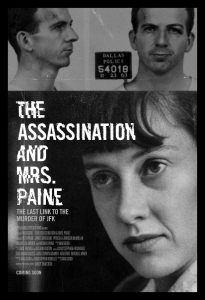 How were you introduced to Ruth Paine? Is there something to how she reacts when posed difficult questions? For example, is there a laugh or a long pause that makes you feel a certain way? I assume you have watched a fair amount of interview footage of her now.
How were you introduced to Ruth Paine? Is there something to how she reacts when posed difficult questions? For example, is there a laugh or a long pause that makes you feel a certain way? I assume you have watched a fair amount of interview footage of her now.
I reached out to Ruth when I was a graduate student getting an MFA in documentary film at Stanford. I just found an email or a phone number online and got in touch. She was surprisingly open, from the beginning. I think it helped that I was a student and that her parents actually met as students at Stanford.
I’ve probably watched almost every interview that exists with Ruth Paine. There’s a new one just out this month in the Nat Geo JFK doc series that I haven’t seen. I’ve heard people claim that she has particular “tells” when they believe she’s lying but I’ve never noticed anything that consistent. There were times when her reactions to certain questions seemed odd or unnatural to me. In the final scene, I used a split screen shot of her a few times so people could really study her facial reactions. There are a few points throughout the movie where she laughs in what seems like an inappropriate context or the camera lingers on her after she answers a question and her eyes dart back and forth. She’s someone who has been telling these stories for 60 years now and has been under a lot of scrutiny and suspicion. I give her a lot of credit for being open. On the other hand, it seemed very hard to get to a vulnerable, authentic place with her because she’s so used to being interviewed. I leave it up to the viewer to make their own judgment as to her honesty and I respect various conclusions.
Do you see a part 2 to this?
I was hoping that the film would inspire some other people to continue digging into the questions around the Paines. A few people were inspired by the film to do that, including a cousin of Michael Paine who is now doing his own investigations and writing a blog. There could be a part 2 if some significant new evidence comes to light. Ruth is 91, so we don’t know how much longer she’ll be around. Some classified documents could be released after she passes.
There’s another new documentary series coming out this year, “Four Died Trying,” about the Malcolm X, MLK, JFK and RFK assassinations. They also interviewed Ruth and even shot a meeting between me and Ruth to discuss her reaction to the film. I’m curious to see what they decide to show in their piece.
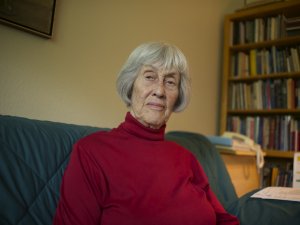
How has your opinion changed during the process?
I get this question a lot. I tried to maintain an open mind throughout the process. After 7 years, I came to a fairly solid conclusion, but I also came to appreciate more of the nuance to the different possibilities. There are always ways that both sides of a polarized argument can be partly right. If you want to know exactly what I think of Ruth, I’m happy to share that off the record!
What was left on the cutting room floor that may be of interest that just doesn’t work for your narrative structure?
Sometimes I still wonder about those decisions. I tried not to get too tied up in minutiae or to let the film just become a catalog of suspicions against Ruth. There was the Zapruder film / magic bullet scene, where Ruth expresses faith that those issues were thoroughly explained by the Warren Commission. There was also a scene about the JFK researchers in general and the question of getting caught up in minutiae. I started the film with a strong desire to explore the overarching issue of epistemology—how we decide what is true and what constitutes knowledge. That topic never explicitly made it into the film, but I think it’s in a lot of the subtext. There were other pieces that got cut concerning suspicions about something Ruth wrote in her datebook, about the spy camera that was found at the Paine house, and about how two police officers who reported that she said, “I’ve been expecting you.” when they first arrived. Ruth has always maintained that she never said that. She wasn’t supposed to know that Oswald was a suspect at that point.
The film goes back to the releasing of classified documents a few times. What might this mean for you, those you meet in the film, and our perception of your film?
I think it’s important to ground a story like this in some hard evidence. There are too many people out there who just make claims and never back them up. There is also a general perception that much of the “conspiracy theories” around the JFK assassination are made up out of thin air. In fact, Ruth and others have essentially stated that, “There isn’t any evidence of a conspiracy.” Why then did the House Select Committee on Assassinations find that there “probably was a conspiracy”? Why are 5 million pages of documents on the assassination held at the National Archives? Why was there an act of Congress in 1992 to release the remaining classified documents? And why hasn’t the government obeyed the law and released them all by now? There is a lot of evidence that points to a conspiracy and only a small selection of it is in my film.
I presented Ruth with some documents hoping to get a straight answer or an acknowledgment of some of these suspicious connections. She is usually very non-committal with her language and finds a way to dismiss many questions. At one point, she does admit that some of it looks suspicious (i.e. that her sister was a CIA agent).
I was very careful not to put undocumented claims in the film, or at least to contextualize them as claims of certain individuals and not the film itself. There were even a couple points where I couldn’t locate a document to back up a certain claim and cut it out, only to find after the film came out, that the documents did exist. I hope the film is seen as being responsible with questions of historical truth and evidence.

For anyone interested in nerding out on primary documents, millions of them can be accessed through NARA and The Mary Ferrell Foundation.
You call Marina Oswald in the film and she talks to you for a little while. Tom Brokaw seems to give her a stage but only to cut her down. She says don’t waste your life around this – how do you feel some people, conspiracy theorists, may have put much of their lives to this subject? And why?
This is an obsessive pursuit, no doubt. Studying the JFK assassination has been a major part of many of these researchers’ lives. You could call it their life’s work, in some cases. This includes professionals who write books, run websites, etc., and amateurs who study the literature and contribute to online forums. Some people have called the JFK assassination, “The most complex murder case in history” or “the greatest story of all time.” The story has an addictive quality for certain people and there are still new discoveries and theories being put forth all the time. There are supposedly more than a thousand books on the JFK assassination and new ones come out every year.
From the conspiracy standpoint, this is a mythical event that precipitated the decline of the country—a coup that the society has been living in denial of for 60 years. Trying to uncover the truth and right this wrong would be something like “saving the world.”
You can get an idea of how obsessive this can be by perusing the most active JFK assassination forum.
I understood what Marina was saying when she told me not to waste my life on it. It can be a neverending rabbit hole. I don’t plan to make another JFK assassination film and I see it as just one of many interests I have. It did take a chunk out of my life though! Hopefully, there is some upside that makes the effort worthwhile.
Errol Morris and Adam Curtis in conversation talk about conspiracies. Morris says, “People are too much at cross purposes with each other, too stupid, too self absorbed to ever effectively conspire to do anything.” What, if any, revelation have you come to about conspiracies since completing this film? Do you foresee the internet and
the staggering number of conspiracies to continue? How might a conspiracy theory weaken the strength of honest and balanced documentaries in the future?

I don’t agree with Errol Morris. He put out a short film on the JFK assassination for the New York Times and the thrust of that film was “we’ll never know the truth; it’s too complicated.” Interestingly, Adam Curtis’ latest film “Can’t Get You Out of My Head” also laughs off JFK assassination conspiracy theories via the story of Kerry Thornley and Discordianism. I am of the opinion that powerful and wealthy forces spend a lot of time and resources on maintaining power and that we are a much more propagandized country than many people believe.
The “post-truth” era that we’ve all been hearing about is a frightening prospect. But I think that “conspiracy theories” have been a convenient scapegoat for everything going wrong. Propaganda and fanatical cults have always been part of this country. The internet may have made it easier to spread disinformation, but we need to be very careful about proposing to regulate free speech. Perhaps before we talk about censoring individuals or small independent outlets, we should think about restricting corporate control over much of our media.
The country is deeply divided at this point in history and “conspiracy theories” are playing a large part in this unfolding drama. On a more basic level, we are dealing with a breakdown of faith in the institutions of our society—politics, media, authorities, experts. Some people trace the current loss of faith back to the Kennedy assassination. Those who believe in the official story often point to it as the moment when “America lost its innocence.” Conspiracy-minded people see it as a dark and repressed trauma that could lay bare the corruption in our society. There is an animation of a survey in the film that shows “Public Trust in the US Government” since 1958. The numbers were over 70% up until almost exactly when the Warren Commission Report was issued in 1964, when they started plummeting to around 16% today.
The film is very relevant to our current predicament, but it also probably suffered from being associated with conspiracies.
“Conspiracy theories” have become a sort of litmus test for whether you are a respectable, intelligent citizen. According to much of the media and various pundits, conspiracy theories are destroying our country and many disparate issues (some legitimate and some ridiculous) have been lumped together under this umbrella. I wish we could all sit back and trust what the media and our politicians tell us, but I don’t think that is the case. Citizenship is going to take some hard work if we want democracy to survive.
With the advent of social media, AI and deep-fakes, we may just be seeing the beginning of an explosion in disinformation and unreality. It will be critical for people to maintain some grip on what is real. Dismissing something as “fake news” or “conspiracy theory” just because a politician or the mainstream media says so isn’t much better than believing everything you read on the internet.

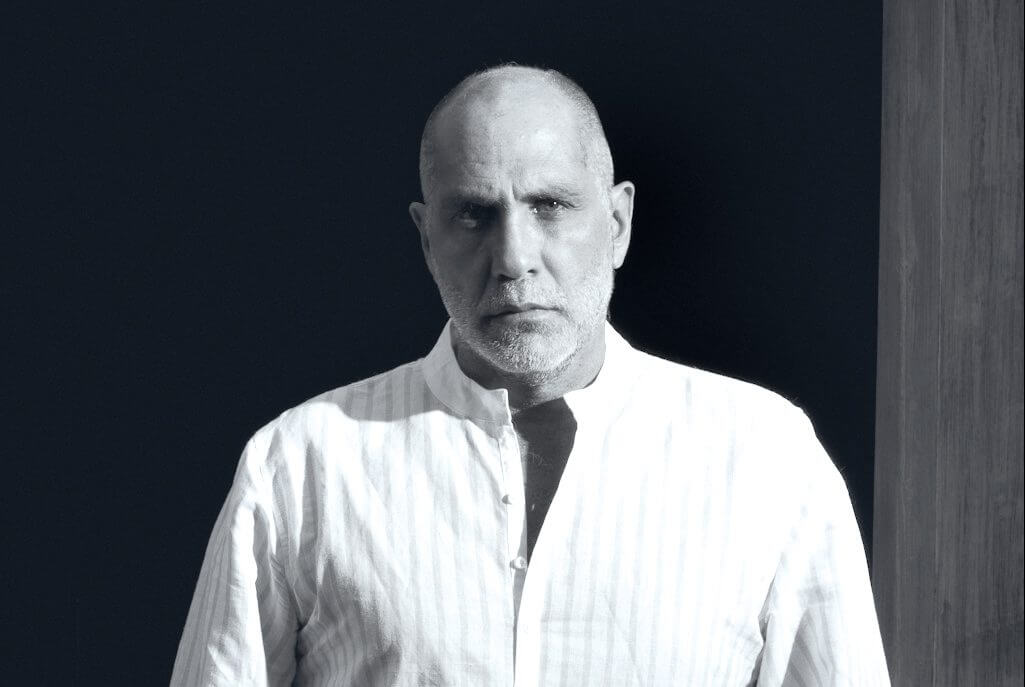
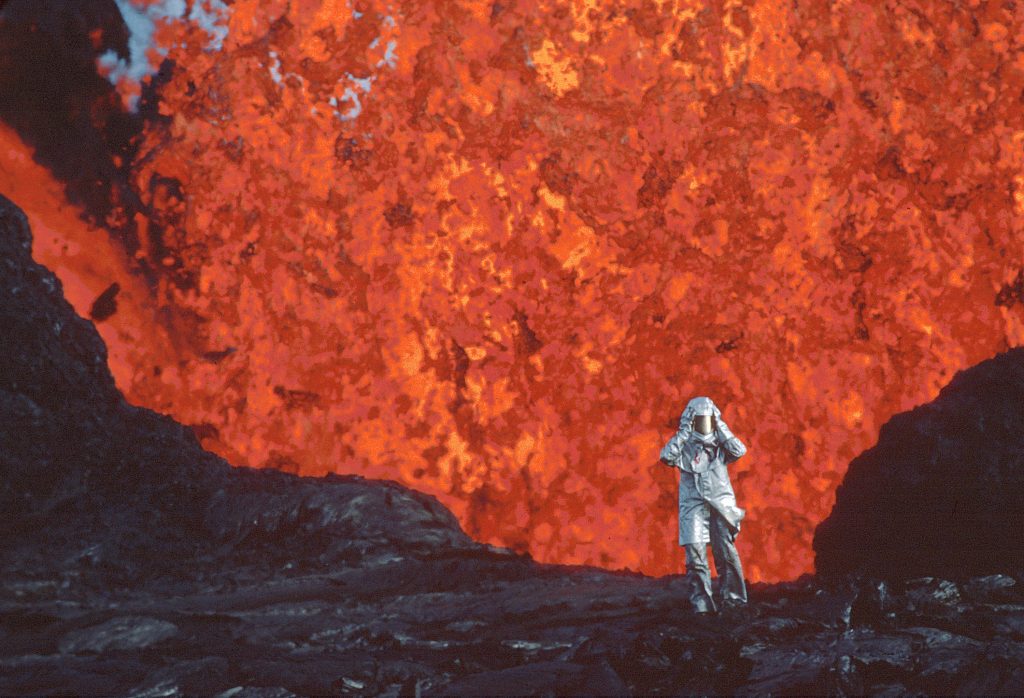
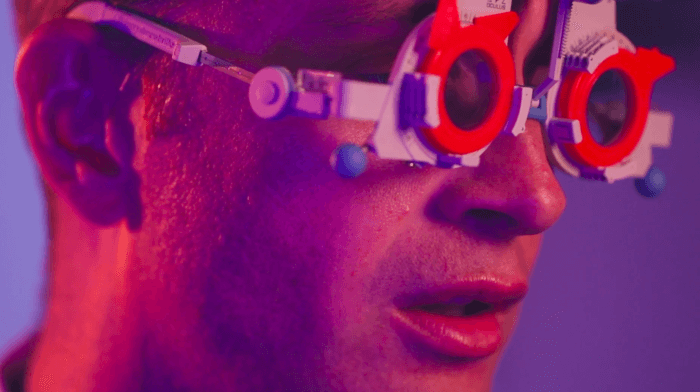
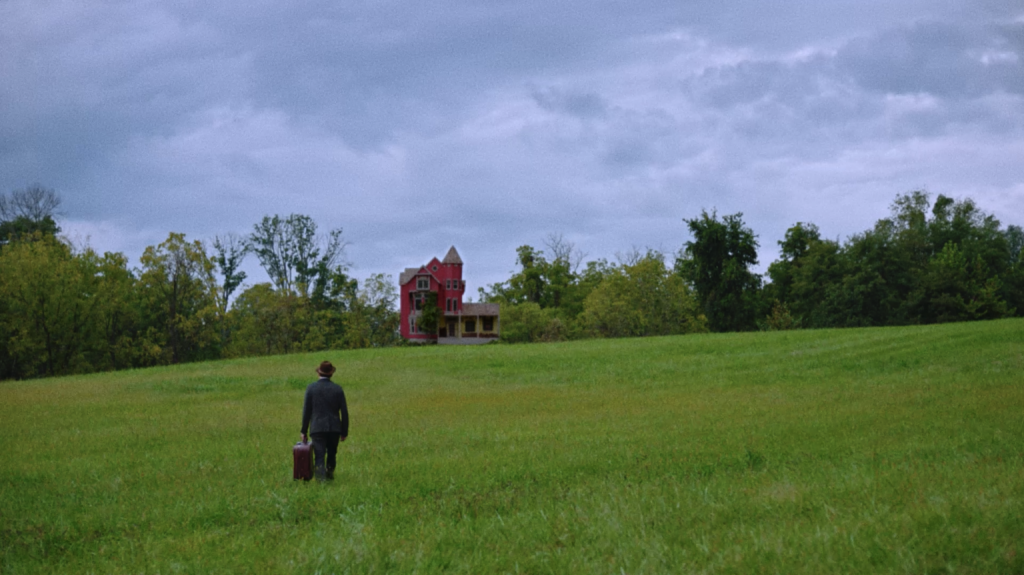
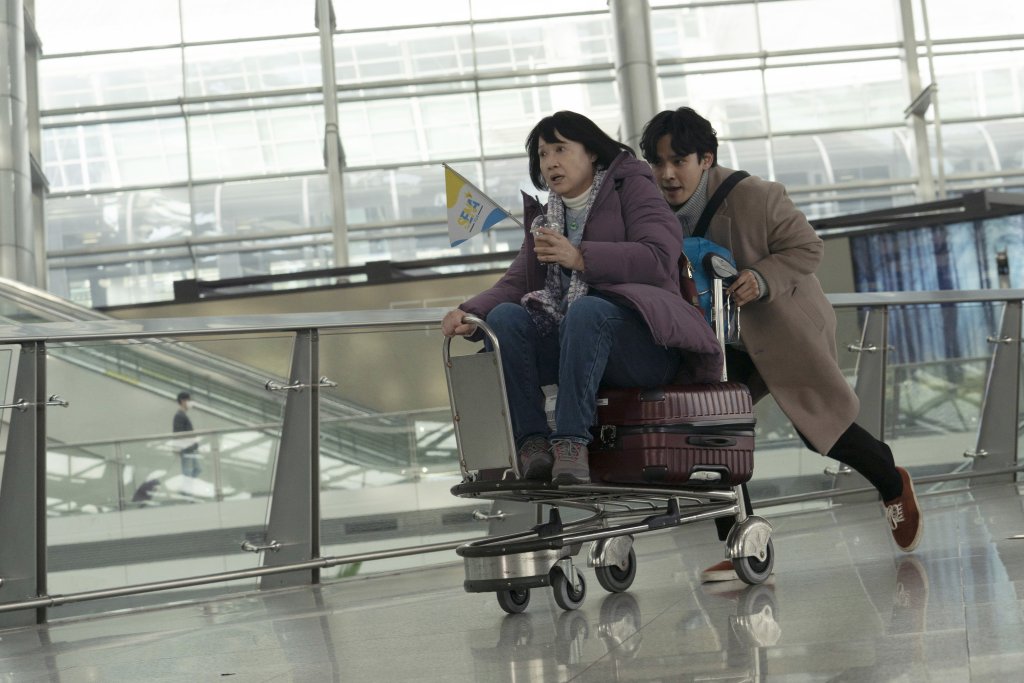
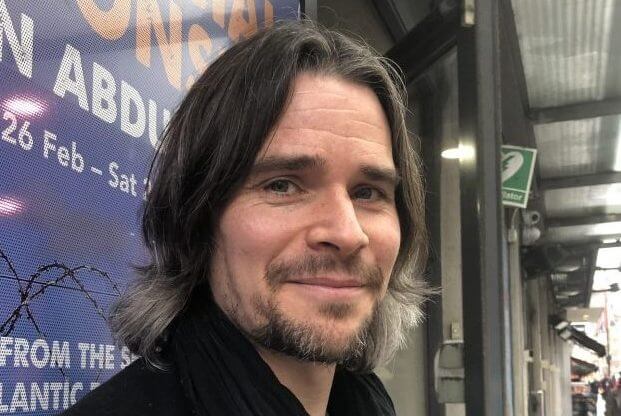
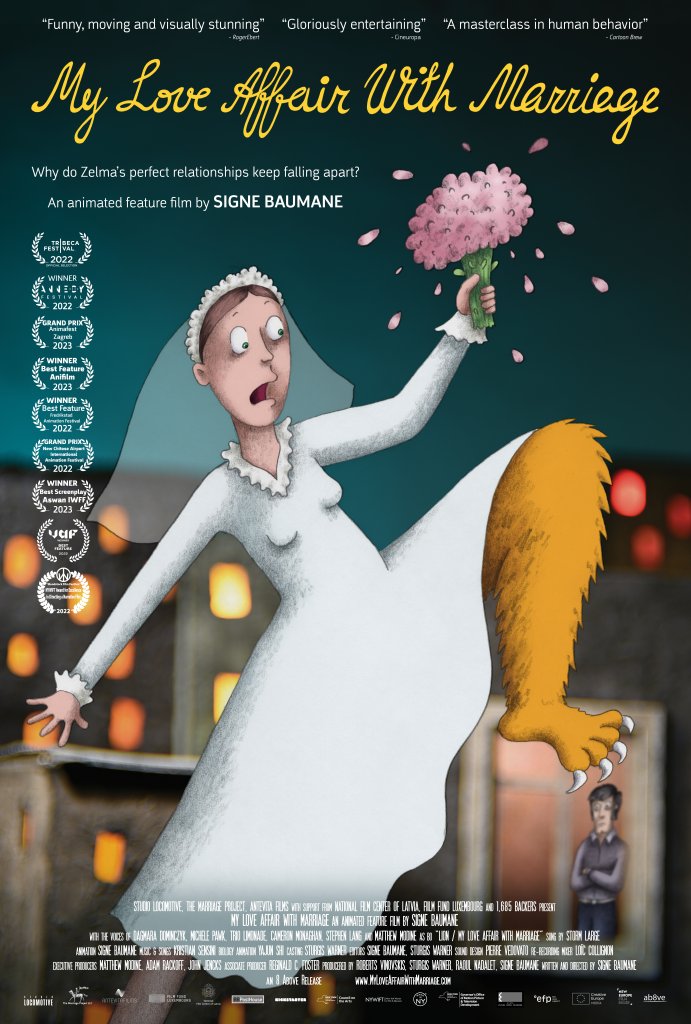


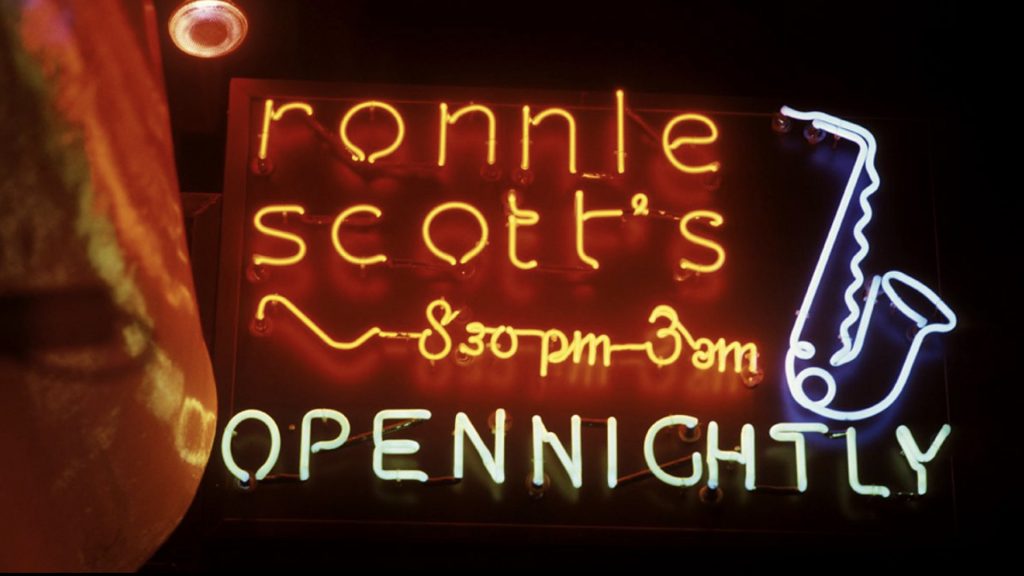
Responses